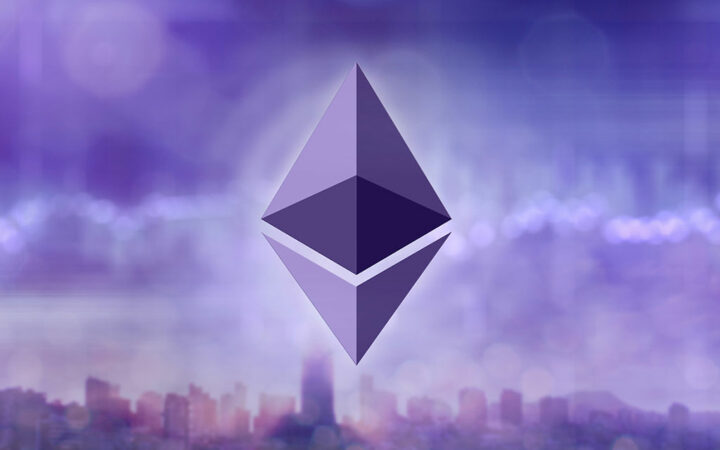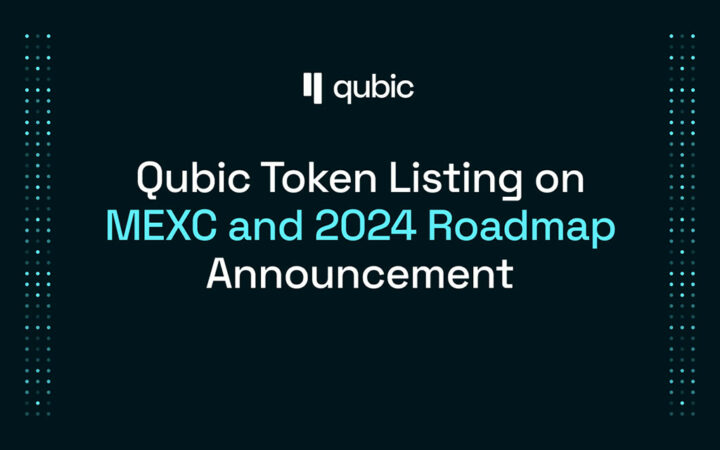Education has been in existence since time in memorial. However, various advances have been taking place over the years that have seen the education industry improve for the better. This is especially so for secondary as well as tertiary levels of education, which have seen a drastic and positive growth in the number of schools established as well as the number of students in attendance.
As the world changes and embraces artificial intelligence, so has the education sector. We have also seen various websites provide free educational knowledge online hence reaching out to more people than ever before. The new education system is embracing, experimental as well as personalized learning is.
Embracing Personalized Learning
This refers to a learning experience as well as systems, which address very specific preferences as weaknesses, interests, and aspirations. It aims at maximizing the whole learning experience and producing the best results. For this to take place, technology has to play a part in it. Personalized attention and learning have been proven to increase interest in learning as well as improve understanding.
For the education providers, the key point here will be to inspire the students to embrace the process. This is by learning how to teach and convince the students. The fact is that you need to take into account that different learners understand differently and therefore it takes some time for them to process the information, which proves the fact that we need to personalize learning whether it’s on learning how to write good topics for rogerian essay; or solving math problems.
All this will require a change in the curriculum and an increase in the number of teachers in learning institutions.
Learning Based on Mastery
There are some subjects where an understanding of one topic is dependent on understanding of a previous one. In this case, mastering of the basic concepts of those subjects is paramount for successful learning. This concept has actually been in use for a long time when it comes to areas like arts. The current educational systems only rewards general knowledge as compared to mastery. For example, when a student scores a pass in a particular subject, he can proceed to the next level.
Grading is not enough to test knowledge; actual understanding is what is most important. Because of the unreliability of the current educational system, we should embrace mastery instead. Among the disadvantages of general knowledge is that it creates gaps in knowledge as students end up not wholly understanding concepts while moving up the educational levels.
Experimental Learning
This is mainly about learning by doing practical things, getting your hands dirty, you may say. Students should learn and actually remember better when they do actual work. Imagine that you are in a math class and all you get to do is listen to a lecture by your teacher. This can get very boring, and chances are that you will not remember a thing by the next class. That is why you always get to do a sum or two after the teacher has explained the basic concepts.
The learning curve, coined hundreds of years ago, shows that on the first day of learning, the absorption rate is at 100%, but from the second day going forward, it reduces to between 50-80%. This is the importance of experiments in learning.
Experimental learning is also critical to building our emotional skills as well as senses. This is because, it involves memorizing, critical thought as well as the use of real-life situations. This will also mean that students, who have undergone this form of learning, will do well in the workplace, because they are hands-on and have learned to face challenges and offer solutions on the go.
Another skill that develops out of this is teamwork and team spirit, as most of the experiments are done as a group, and hence leadership skills also emerge.
When a student makes a mistake in this form of learning, he or she will realize that it is just a common process of learning and curiosity will also be built from this, as the student seeks to become better.
Immersive Learning
With the emergence of the technology of immersion, for example, visual reality headgear, the education sector is set to experience the same wave. Students will begin to study maps through such headgear that will place them “right inside” the map. Smartphones, as well as personal computers, have already begun to be used more and more in the course of learning with mobile apps that have educational value like solving math problems being developed.
Conclusion
The future of education is the use of artificial intelligence. Learning will no longer be a function of just how much a student can score in a particular exam but about how much the student has mastered in the course of learning. This kind of learning will also involve personalized learning, as well as using immersing technologies such as virtual reality glasses and headgear to maximize the learning experience.
Disclaimer: Coinspeaker is committed to providing unbiased and transparent reporting. This article aims to deliver accurate and timely information but should not be taken as financial or investment advice. Since market conditions can change rapidly, we encourage you to verify information on your own and consult with a professional before making any decisions based on this content.

Kevin is a professional educator and a private tutor with over 8 years of experience. He is also a content writer for various blogs about higher education, entertainment, social media & blogging. During his off time, Kevin enjoys traveling and cooking. Feel free to connect with him on Twitter, Linkedin & Google+.




